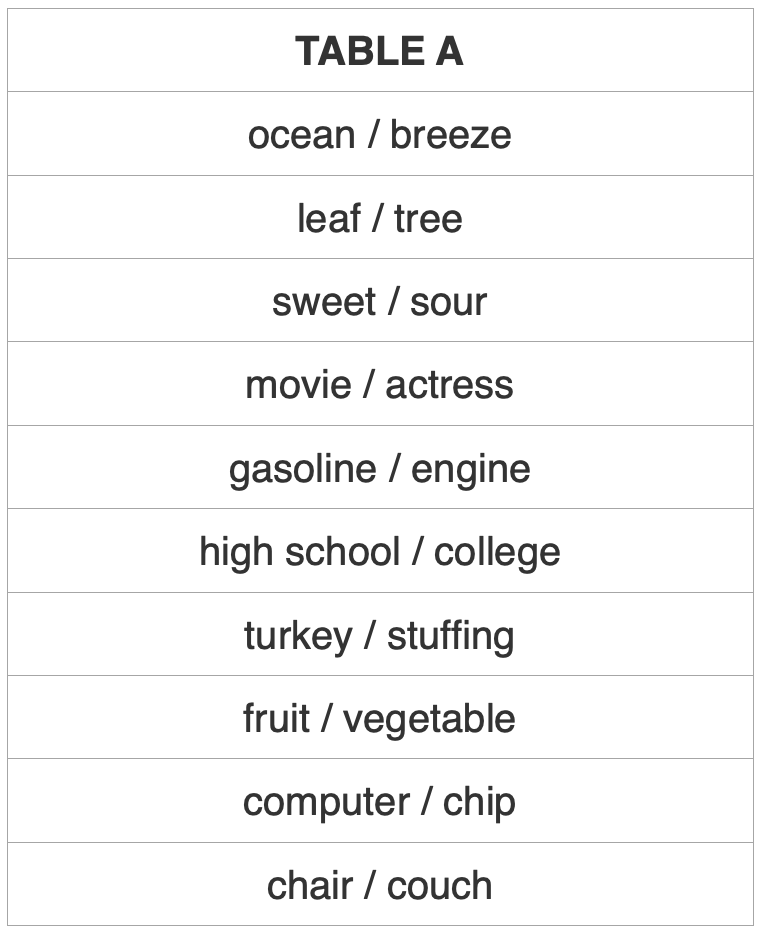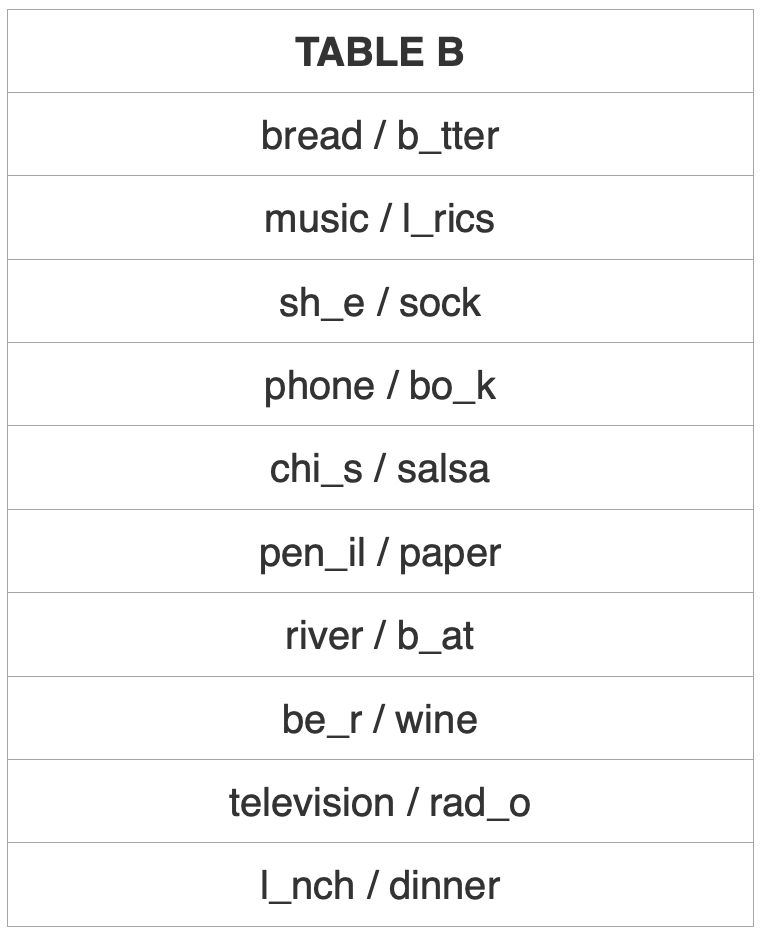You must have heard the phrase: work smarter not harder. It’s intelligent-sounding but absurd advice, if you ask me. One is not a substitute for the other. Having said that, it is not without merit. For, if we do our hard work smartly, we are likely to gain more from our efforts. As Peter Drucker once said, “Efficiency is doing things right; effectiveness is doing the right things.” Hard work done smartly is perhaps both efficient and effective.
The path to mastering any skill is also wrought with hard work. I cannot champion anything without devoting the time and energy it requires. Further, such time and energy must be in the form of conscious, focused, and careful practice or it will take me forever. The reckless repetition of something without any due thought on where or why you are tripping up does not lead to mastery. Good practice, therefore, is not enough, it has to be deep too.
Naturally, the question arises, what is this “deep practice” that leads to superior competence? 1.
I’ve taken the term deep practice and the exercise below from The Talent Code by Daniel Coyle. Carefully read the two lists below, devoting equal time to each (maybe devoting 15-20 seconds per list). First read Table A and when done, move to Table B.


Now, without looking, try to remember as many of the word pairs as you can. From which list do you recall more words?
If you’re like most people, it won’t even be close: you will remember more of the words in Table B, the ones that contained fragments. Studies show you’ll remember three times as many. It’s as if, in those few seconds, your memory skills suddenly sharpened. If this had been a test, your Table B score would have been 300 percent higher.
Your IQ did not increase while you looked at column B. You didn’t feel different. You weren’t touched by genius (sorry). But when you encountered the words with blank spaces, something both imperceptible and profound happened. You stopped. You stumbled ever so briefly, then figured it out. You experienced a microsecond of struggle, and that microsecond made all the difference. You didn’t practice harder when you looked at Table B. You practiced deeper.
…
Deep practice is built on a paradox: struggling in certain targeted ways—operating at the edges of your ability, where you make mistakes—makes you smarter. Or to put it a slightly different way, experiences where you are forced to slow down, make errors, and correct them—as you would if you were walking up an ice-covered hill, slipping and stumbling as you go—end up making you swift and graceful without realizing it.
Here are four principles of deep practice to master any skill. They are pretty self-explanatory: 2
1. Start with a goal
I cannot stress this enough. Set a goal before you sit down to practice. In meditation, it could be to maintain your focus for just 30 seconds, for example. In music, it could be to be able to play or sing a certain passage or a part of it. The goal shouldn’t be so difficult that you lose all motivation nor so easy that you know it already. Just something that challenges you a bit.
2. Focus on the task at hand
You may be tempted to try or practice other things but stick with your goal and maintain a complete awareness of every single moment in the current session. It’s only possible if you are 100% focused on your practice. Worried that you may not be able to handle the next challenge or you may have forgotten the previous one? Simply shift your attention and focus on the task at hand.
3. Minimize distractions
While working or practicing, do you have devices that are connected to the internet or any network at all? Well then, you will struggle to do any deep work at all. In numerous studies, it has been proven time and again that even the mere presence of an electronic device (such as a phone which may be on silent and face down) will deteriorate the quality of your experience of the present moment. Whether you are eating a meal, having a conversation, reading, or writing an article, a device nearby will prohibit you from fully enjoying that activity.
4. Short, lucid sessions
Think of your practice as not one long session but multiple short sessions with frequent breaks in between. It doesn’t matter how counterintuitive it may sound, believe me, this is easily the most powerful way to rapid improvement. Brief sessions allow you to maintain your focus, enthusiasm, and motivation. Even a short break will rejuvenate your brain quickly. Start out slowly and build your stamina gradually.
Paying attention to the four factors will turn your effort into deep practice. If I may borrow the definition given by Annie Bosler and Don Greene: effective practice is consistent, intensely focused, and targets content or weaknesses that lie at the edge of one’s current abilities. 3
Robert Bjork, a distinguished professor of psychology 4, offers this evident but phenomenal insight into what comprises good practice and why it’s effective:
We tend to think of our memory as a tape recorder, but that’s wrong. It’s a living structure, a scaffold of nearly infinite size. The more we generate impulses, encountering and overcoming difficulties, the more scaffolding we build. The more scaffolding we build, the faster we learn.
…
It’s all about finding the sweet spot. There’s an optimal gap between what you know and what you’re trying to do. When you find that sweet spot, learning takes off.
In other words, if you take up something way more difficult than your current skill level, you are far more likely to give up. On the other hand, if your goal is too easy, you will develop a false sense of mastery and may even lose motivation because in the absence of a reasonable challenge, the task will become monotonous. That’s where a coach or a mentor can come in really handy because they will assess your current level and assign you a task that has the right amount of obstacles.
“Why would you tell lies on your resume saying you had five years of stellar experience when we now find out that you have none?” the boss confronted Mulla Nasrudin.
“I did not make any false statements,” Mulla protested. “Didn’t you advertise that you were looking for a man with great imagination?”
Imagination is the final frontier of great practice. Vividly practicing in your mind has a direct, immediate and significant impact on your performance in the physical world. Try it any day.
When we keep repeating the same thing hoping that we will correct it, we are not practicing perfection but mistakes. And if you keep repeating the same mistakes in your practice, it’s the mistakes you will remember the most. Hence the case for deliberate and deep practice.
At any rate, think of practice as an investment in your skill. The more you do, the greater freedom you have. Whatever it is that you wish to master, it cannot be done without deep practice over a prolonged period. So if you really want to champion a skill, well then, waste not another moment. Get on with it.
Peace.
Swami
P.S. I’m very pleased to announce that after securing VC funding for Wildr, we are now accepting expressions of interest from angel investors. You can go here for more details.
Notes
A GOOD STORY
There were four members in a household. Everybody, Somebody, Anybody and Nobody. A bill was overdue. Everybody thought Somebody would do it. Anybody could have done it but Nobody did it.
Don't leave empty-handed, consider contributing.It's a good thing to do today.









Comments & Discussion
185 COMMENTS
Please login to read members' comments and participate in the discussion.